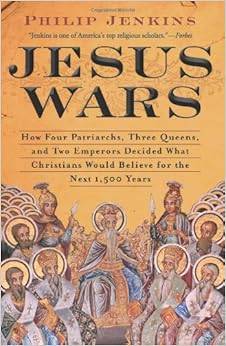Disir
Platinum Member
- Sep 30, 2011
- 28,003
- 9,607
- 910
tells a parable or utters a pronouncement, do those words come directly from the mind of God, or are they the thoughts of an individual bound by his constraints of his time and place?
I pulled this question from a book and thought it would make for an interesting discussion.
I pulled this question from a book and thought it would make for an interesting discussion.


 ) but because of his sins, he will hopefully see that it is his Father alone and not this world who truly loves him.
) but because of his sins, he will hopefully see that it is his Father alone and not this world who truly loves him.
